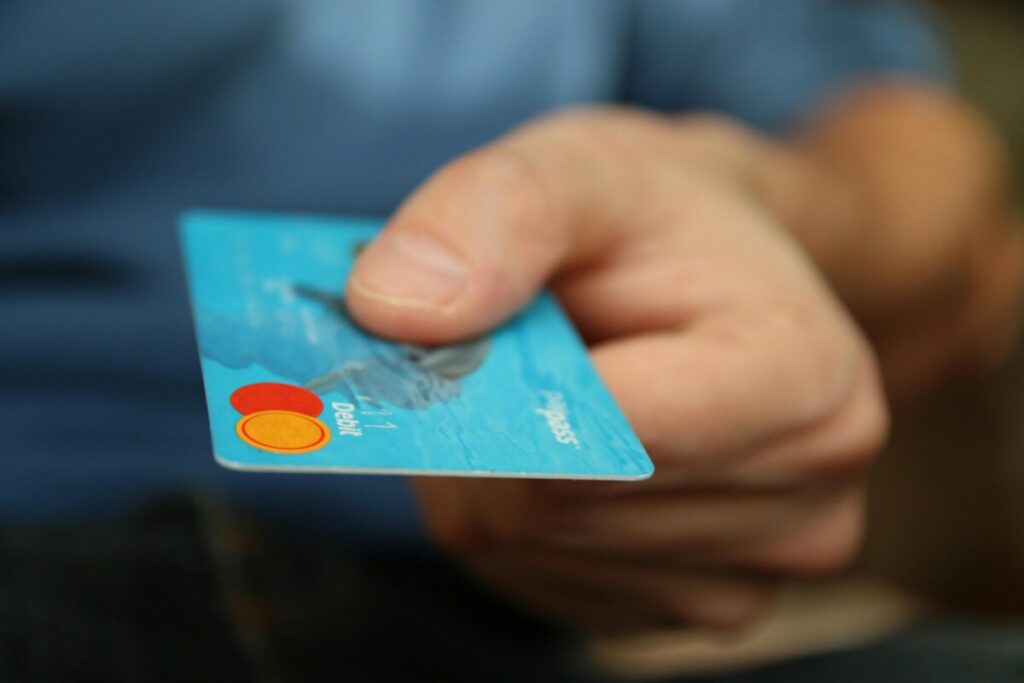Avoid Online Financial Scams: Stay Safe

In today’s digital age, online safety is more crucial than ever. With our lives increasingly intertwined with the internet, protecting personal information should be a top priority. Scammers are becoming more sophisticated, employing tactics that can easily deceive even the most cautious users.
Common online scams, such as phishing texts and fake shopping sites, can lead to significant financial losses and emotional distress. These scams exploit trust and can have a lasting impact on victims. Understanding their methods is the first step towards safeguarding your assets.
The purpose of this article is to equip you with practical tips to enhance your online security. By learning how to identify scams and implement protective measures, you can navigate the digital landscape with confidence. Let’s dive into the world of online safety and arm you with the knowledge to keep your money where it belongs: in your account.
affiliate link
Identifying Common Scams
Phishing attacks are one of the most prevalent scams today. They involve tricking individuals into revealing sensitive information, such as usernames and passwords, by impersonating legitimate sources. Often, these attacks come through emails or texts containing links that lead to fake websites designed to steal your data.
When shopping online, it’s crucial to spot red flags of fake shopping sites. Look out for suspicious URLs, such as those with minor typos or unusual symbols. A lack of HTTPS encryption is another warning sign. Legitimate sites should also have clear contact information and return policies. If something seems off, it’s best to steer clear.
Cryptocurrency scams have surged, luring victims with promises of high returns. Beware of giveaway scams that claim to multiply your crypto investments. Often, these scams use fake celebrity endorsements to appear credible. Always conduct thorough research before engaging in any crypto transactions. Understanding these types of scams is essential for maintaining your online safety.
Effective Protection Strategies
To enhance your online safety, it’s crucial to recognize red-flag URLs. Here are key characteristics to watch for:
Mismatched URLs: Always hover over links to ensure the displayed URL matches the actual destination.
Misspelled Domains: Be cautious of slight variations in popular domain names.
Lack of HTTPS: Avoid sites that do not use HTTPS, as your personal data may be vulnerable.
Another essential strategy is freezing your credit. This proactive measure can stop identity theft by restricting access to your credit report. According to the FTC, it is free to place or lift a credit freeze, and anyone can do it, regardless of whether they have been a victim of fraud.
Lastly, implement two-factor authentication (2FA) for an added layer of security. Consider these simple methods:
Receive a one-time passcode via text or email.
Use an authenticator app for more secure codes.
Utilize a security key for maximum protection.
“The easiest way to prevent unauthorized account access is by using two-factor authentication.”
By following these strategies, you can significantly reduce your risk of falling victim to online scams.
affiliate link
Choosing Safe Payment Methods

In the digital age, selecting secure payment methods is essential to protect your finances. Here’s an overview of some of the most trusted secure payment apps available in 2023:
| App | Features |
|---|---|
| PayPal | Buyer protection and secure transactions. |
| Venmo | Social features for peer-to-peer payments. |
| Cash App | Simple interface for sending and receiving money. |
| Zelle | Quick transfers integrated with banks. |
| Apple Pay/Google Pay | Mobile payments with tokenization for security. |
Utilizing a password manager can greatly enhance your security. These tools generate complex passwords and auto-fill them, making it easier to log into accounts without the risk of weak passwords. Additionally, they can help identify phishing attempts, ensuring you only log into legitimate sites.
To protect against spoofed bank calls, check with your phone carrier for services that filter out spam calls. For instance, T-Mobile offers scam warnings that alert customers about potential fraud. By implementing these practices, you can significantly bolster your financial safety online.
affiliate link
Frequently Asked Questions
What should I do if I fall victim to a scam? If you realize you’ve been scammed, act quickly. Contact the wire transfer company to report the fraudulent transaction and request a reversal. For cash sent via mail, reach out to the U.S. Postal Inspection Service for package interception. Additionally, monitor your financial accounts for any unauthorized activity and report it to your bank.
How can I report scams? To report a scam, first, identify where it took place and its category. Use USAGov’s reporting tool to find the appropriate agency. Be ready to provide details about the scam; the process usually takes just a couple of minutes.
Are all online transactions at risk? While not all online transactions lead to scams, risks such as fraud, phishing, and identity theft are prevalent. It’s crucial to use secure payment methods and be vigilant about your online activities to minimize exposure to these risks.
Conclusion: Keeping Your Money Safe
In summary, protecting yourself from online scams involves a variety of proactive measures. Always be cautious when sharing personal information, and utilize secure payment methods to safeguard your transactions. If you find yourself a victim of a scam, remember to act quickly—report the incident to your financial institution and utilize resources like the FTC to take appropriate steps.
It’s essential to adopt these practices consistently. Make it a habit to monitor your accounts for suspicious activity and stay informed about the latest scams. With awareness and vigilance, you can significantly reduce your risk of falling victim to fraud.
Ultimately, the digital landscape offers immense convenience, but it also necessitates a commitment to safeguarding your financial information. Stay alert and proactive, and you’ll be better equipped to keep your money where it belongs—safe and secure.






